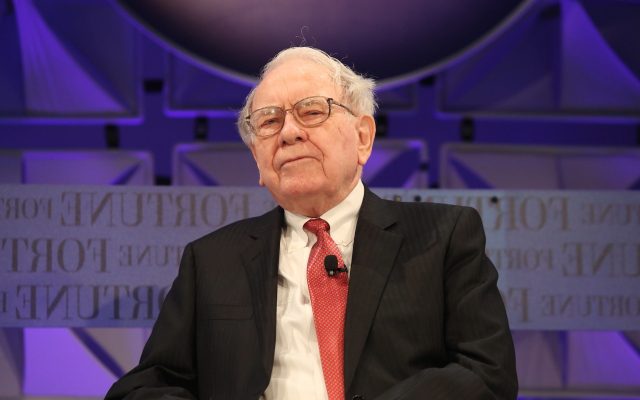
It’s still too early to declare that bitcoin price is headed for another parabolic bull-run. But one might want to take the repeating “Don’t buy bitcoin” message from the mainstream press with a grain of salt.
Kids, Don’t Buy Bitcoin
As bitcoin price [coin_price] appears to be attempting to shake off the bear market, headlines from the media are starting to resemble those in late 2017. Yes, right before BTC price soared to its record heights of nearly $20,000 USD.
“Don’t buy bitcoin, warns wealth manager” reads an April 4th headline from CNBC.
The problem, though, is that it’s almost verbatim from November 13, 2017, when CNBC said that “As bitcoin soars and ICOs spread, advisors urge caution.” The price, of course, doubled a month later.
In fact, 2017 was particularly fruitful when it came to telling the public that: Bitcoin Bad!
German central bank’s board member Carl-Ludwig Thiele, for example, warned against investing in the cryptocurrency in May 2017. Pretty much every bank in the world has cautioned against Bitcoin at some point or other. And most of these indeed received their spotlight in the papers.
Had you read the Economic Times in October 2017, for example, when bitcoin was roughly $4,000, you would have learned the “7 Reasons not to invest in bitcoin, cryptocurrencies.” Of course, the 500 percent gain in price thereafter would have eluded you.
But maybe you would have given up and panic bought at $19,000. Well, that would have been your fault then. It was a bubble after all. Didn’t you read the papers?
DYOR
The truth is that the mainstream press doesn’t care if you make or lose money. Neither does anyone else for that matter. It’s all about clicks and ad revenue.
And what’s better than alternating between fear and greed to get clicks? Why not both? Even better!
Bet on the price of bitcoin with cash on this regulated platform whose parent company advertises in the same newspaper that says it’s better to just bet on bitcoin price.
Forbes explained the “6 reasons why Bitcoin futures are better than bitcoin” in December 2017. Three days later though, they also told you to “completely ignore” the 1,400 percent bitcoin price rally.
*Sigh*
The point here is simply this: it’s all noise.
You will learn very little about Bitcoin itself reading the mainstream newspapers. Most headlines are algorithm-based and might as well be written by robots.
But merely pointing to the bitcoin price (because it’s trending) to evoke fear and/or greed and say “Look!” works. And that’s why the press keeps doing it.
Distinguishing the signal from the noise, however, is much harder than simply glancing over some headlines and feeling like you learned something.
It’s only possible if one does their research (DYOR). It requires time. But it’s the only way to ensure you’re making more educated decisions than reading clickbait. More importantly, the decisions will be yours. It also beats FOMO’ing into the latest virtual coin or living in ignorance and then with regret.
Bitcoin Isn’t Money. This Piece of Paper Is.
Unfortunately, the fear, uncertainty, and doubt (FUD) have been rehashed, repeated and reverberated for the past decade since Bitcoin first launched. In the press, Bitcoin was a bubble in 2011. It was a bubble in 2017. And it’s still a bubble now.
But if it’s always about to pop, if it’s just fad, and ‘not money’ – why devote so much time and effort to discredit it?
Interestingly, some of the most notable publications are directly named after (fiat) billionaires. It may also be no coincidence that academia, Bill Gates, Warren Buffet — entities who greatly benefit from the status quo and have a tremendous influence on public opinion — are also very anti-Bitcoin.

Amusingly, most people who held bitcoin before 2017 have outperformed the ‘Oracle of Omaha’ even after the crash.
Bitcoin has even beaten stocks like Amazon (AMZN) in the past seven years. But you won’t know this reading the Washington Post, which is owned by the same guy by the way.
Is it really a surprise that legacy financial institutions, Wall Street, banks, etc. are throwing so much shade at Bitcoin?
Probably not. Which is why it might be worth learning what Bitcoin is, why it was created and what could happen if the $243 trillion USD worth of global debt is foreshadowing another financial crisis.
It may then become clear why the CME chairman, for example, is so anti-bitcoin. Maybe you’ll even end up getting some…you know, just in case the bubble re-inflates.
Do you trust the mainstream media’s reporting on Bitcoin? Share your opinions below!
Images via Shutterstock

















